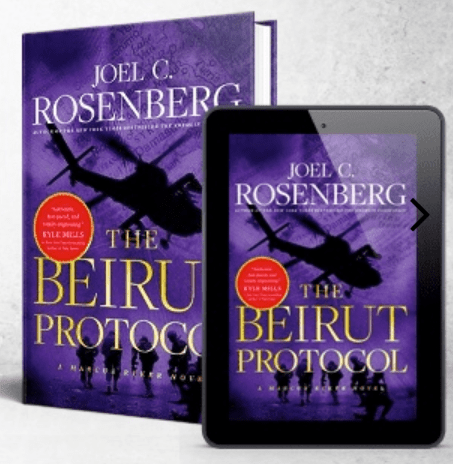date newest »
newest »
 newest »
newest »
message 1:
by
Mark
(last edited May 28, 2021 06:24PM)
(new)
May 28, 2021 06:22PM
 If an author is writing fiction with a message (e.g., as a warning, like Huxley and Orwell) instead of just for entertainment, it's logical to research history and current events before writing, so that your fictional future is credible. Especially if you are writing about the near future, not hundreds of years from now. That greatly increases the odds that life will imitate art and your fiction will seem prophetic. The Biblical test for prophets claiming to speak for God required a 100% accuracy score (or die). Writers of fiction don't have to hit that high a mark to impress people. It is eerie when you see real events that are similar to your fictional creations.
If an author is writing fiction with a message (e.g., as a warning, like Huxley and Orwell) instead of just for entertainment, it's logical to research history and current events before writing, so that your fictional future is credible. Especially if you are writing about the near future, not hundreds of years from now. That greatly increases the odds that life will imitate art and your fiction will seem prophetic. The Biblical test for prophets claiming to speak for God required a 100% accuracy score (or die). Writers of fiction don't have to hit that high a mark to impress people. It is eerie when you see real events that are similar to your fictional creations.
reply
|
flag





